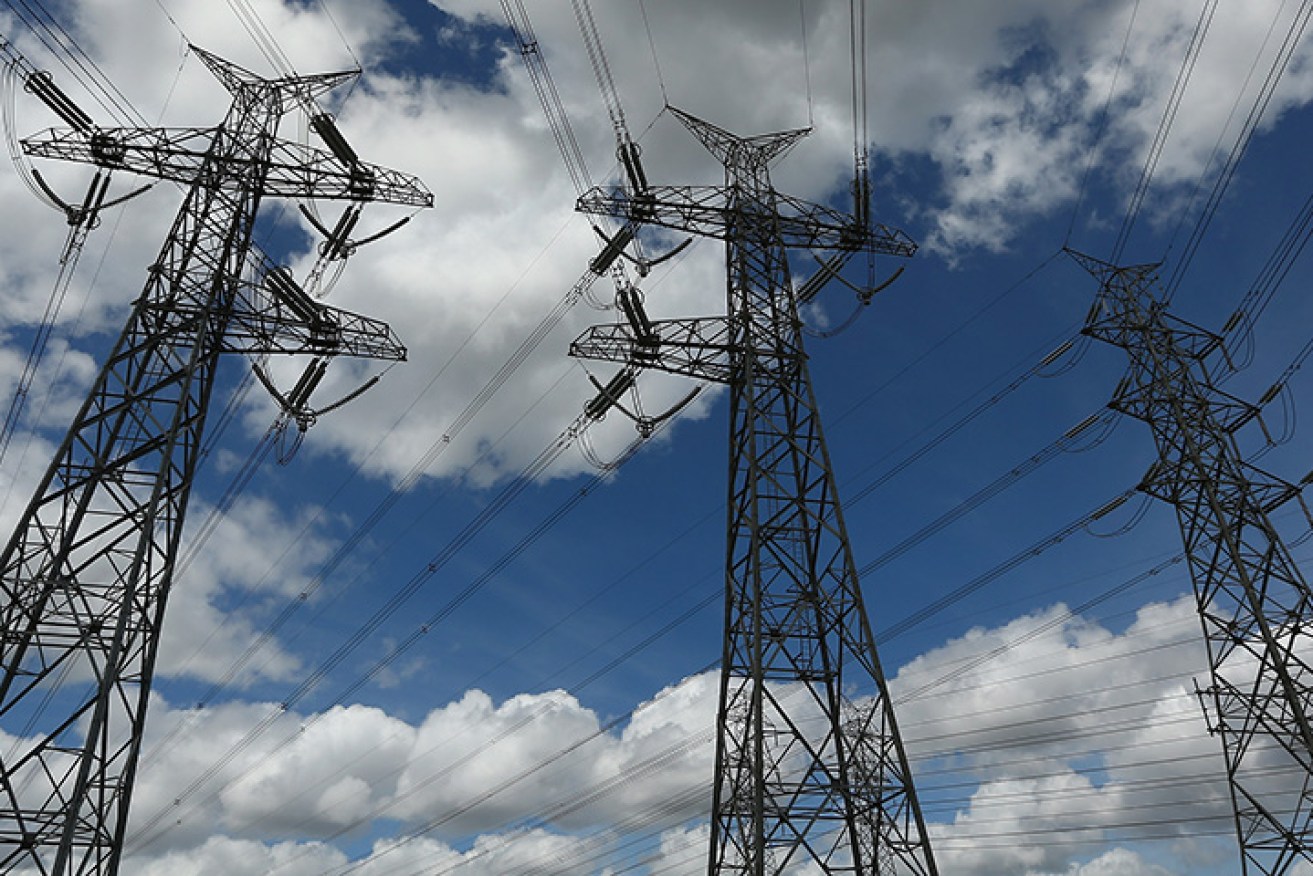Energy policy more akin to third world: Deloitte


Warmer weather and the growth in home solar power generation is behind a big drop in demand for electricity. Photo: Getty
After a weekend that saw some Victorians suffer power cuts as Australians sweltered in 40-plus degree heat, a prominent economist has slammed the federal government for leaving energy policy more akin to a third-world country.
Chris Richardson admits the now-dead National Energy Guarantee wasn’t perfect, but believes it did offer a sufficiently flexible approach that both sides of politics could have used as a policy platform.
But the government’s inability to not only strike a compromise in Parliament but also within its own ranks “has left us locked into a policy landscape that looks more third world than first world”.
Mr Richardson, a partner and economist at consultants Deloitte Access Economics, says the government doesn’t appear to have the stomach to have another attempt at forging an integrated energy and climate policy after three failures in the past couple of years.
Instead, the government is channelling anger at the energy companies.
“The energy companies may not be perfect, but yelling at them isn’t a substitute for a coherent energy policy,” Mr Richardson said in his quarterly Business Outlook, released on Tuesday.
He also warns if a coherent policy remains out of the reach of politicians, then Australia may end up with less future investment in electricity than it needs.
“Don’t then be surprised if the resultant energy shortfalls both boost future energy prices and lead to more shrill demands for the government itself to build base load energy generation,” he said.
Don’t be fooled by surplus
Mr Richardson, an avid follower of the federal budget, also remains concerned the upcoming nationwide election will see politicians from both sides making the oldest budgetary mistake: Making permanent promises off the back of the temporary good news.
A boost to company profits and company tax has provided a welcome surge towards a surplus.
But Mr Richardson says while China is pumping stimulus into construction to lift its flagging economy, which has buoyed Australian coal and iron ore exporters, it shouldn’t lull policy makers into a false sense of security as to where tax revenues head over time.
“Bank profits are already weakening amid tightening lending criteria and as global interest rates eat into loan margins,” he said.
“That combo could be kryptonite for company tax over the next few years.”
Challenges are mounting
The report notes there are increasing signs of the global economy running out of puff, and while Australian growth has been solid, challenges are mounting.
These include what Mr Richardson describes as a “mini-credit crunch”, the drought and falling rates of housing construction.
He expects these will peg back economic growth during 2019 – although not by all that much, and overall he is fairly optimistic about the outlook.
He says the housing correction is occurring at a time of great employment gains and falling unemployment, which makes it rather “less dangerous” than it otherwise would be.
Deloitte Access Economics expects the jobless rate to fall below 5 per cent this year – the first time in eight years.
Mr Richardson also expects business investment to expand over the next couple of years, countering an anticipated downturn in gas export growth.
Even better for Australian families, wage growth will continue to recover, albeit at a snail’s pace.
This would see average weekly ordinary time earnings grow above 3 per cent next year, compared with 2.4 per cent now.
“All things considered, that’s a pretty happy set of circumstances for Australian businesses and for Australian families,” he said.









